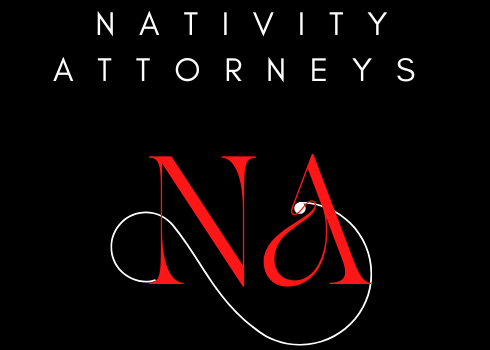Introduction
Mediation represents a form of alternative dispute resolution where a neutral third party, the mediator, aids disputing parties in finding mutual resolution. This method has seen increased utilization in various spheres including business, environment, family, and more, due to its effectiveness in fostering mutually beneficial outcomes in a relatively less confrontational setting. At the heart of this process are three key parties: the disputing parties, the lawyers, and the mediation advocates. Their roles are intricately tied to the success of the mediation process.
The Role of Disputing Parties
Central to the mediation process are the disputing parties. Often, these parties are individuals, groups, or organizations that have a divergence of thoughts, opinions or interests that leads to conflict. Their role in the mediation process is crucial for several reasons.
- Voluntary Participation: Being a voluntary process primarily, mediation requires the free will and express consent of the disputing parties to participate in this process. Their desire to accept and engage with this approach forms the cornerstone of the mediation process.
- Decision-making: Unlike other modes of dispute resolution, the disputing parties have direct control of decision-making in mediation. Parties actively involve in all stages of the process, from defining the issues to be discussed, negotiating, and in the actual decision-making.
- Implementation of the Agreement: The parties are responsible for the execution of the agreed resolutions, ensuring the resolution of dispute is more meaningful, satisfying and sustainable as they are involved in crafting the solution themselves.
The Role of Lawyers
The lawyers in mediation, also known as mediation advocates, focus mainly on promoting parties’ self-determination, facilitating communication, and driving them towards a consensus.
- Advocating for Clients: In mediation, lawyers act as advocates for their clients, ensuring that their client’s interests, rights, and perspectives are accurately conveyed during the proceedings.
- Providing Legal Information: Lawyers clarify the legal implications to enable parties to make informed decisions. They explain rights, obligations, prospects, and risks that might affect the choice or acceptability of potential solutions.
- Negotiation Assistance: Lawyers contribute their negotiation skills to help clients effectively negotiate the terms of the agreement, often by identifying underlying interests, proposing creative solutions and facilitating communication.
- Support to the Mediator: They offer support to the Mediator by ensuring the cooperation of their clients to make the process seamless.
The Role of Mediation Advocates
Mediation Advocates are professionals who are not lawyers but are experts in dispute resolution. They are more than just lawyers. They also play an important role in guiding their clients through the mediation process.
- Pre-Mediation Coaching: Advocates prepare their clients for mediation, helping them recognize critical issues, and understand their positions, expectations, and communication approaches that may aid the process.
- Mediation Process Assistance: Throughout the mediation, advocates counsel clients on how to engage constructively with the process and the other party, understand the legal implications of proposals, generate options and help in making informed choices.
- Post-Mediation Follow-ups: Post-mediation, the advocates assist in formalizing signed agreements, addressing any legalities, ensuring the document accurately reflects the mutual agreement and helping in the implementation process as agreed.
Conclusion
Mediation offers a unique, collaborative platform for dispute resolution, which demands active involvement from all parties involved. The roles of parties and their lawyers or mediation advocates in mediation are crucial to the success of the process. Parties must actively engage in the mediation, express their concerns, listen to the other party, and have a willingness to negotiate and reach a mutually agreeable resolution. While the disputing parties are the main actors, the roles of lawyers and mediation advocates are also essential in facilitating a successful mediation process. Lawyers serve as representatives, negotiators, and legal advisors, while mediation advocates act as guides, assisting their clients during pre-mediation, mediation, and post-mediation phases. Together, these parties contribute to creating a favourable, supportive environment that fosters effective and efficient dispute resolution.

